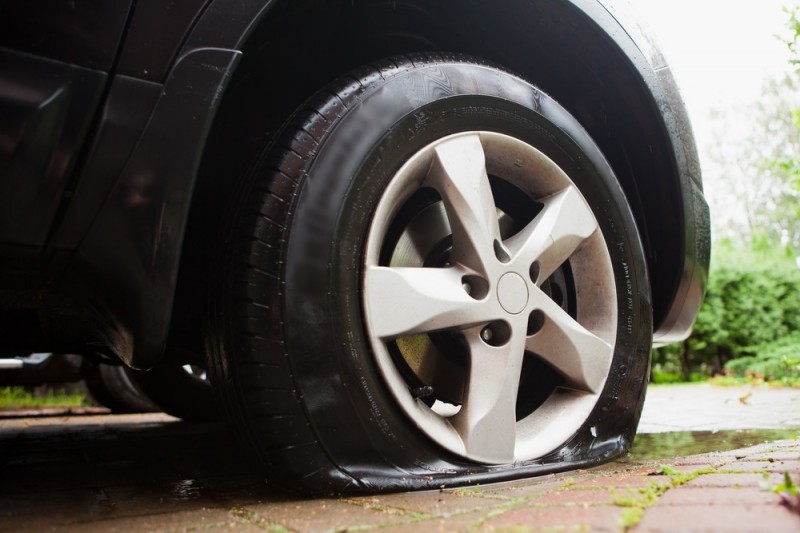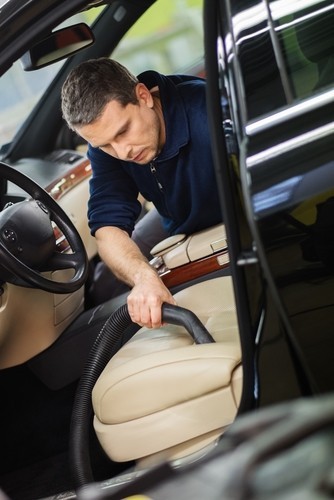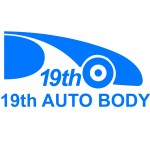How to Keep Your Car Healthy

Sometimes, we take our cars for granted—yes, even your friends at 19th Autobody Center San Francisco.
Especially in traffic-heavy states, or for those of us with long commutes, the wear and tear that our cars endure can really take its toll. We try to take care of our bodies, our jobs, our lawns, and our houses—but how can we really take care of our cars?
There are several things to look out for and keep in mind over the lifetime of your vehicle, some of which are common knowledge, and some which may be a little counterintuitive. Regardless of your knowledge of cars and engines, it’s always a good idea to stay informed on everything going on in your car—after all, you entrust it with your life every time you hop in for a drive.
- Change Your Oil
Regardless of which car you drive or what your car’s manual says, everyone can agree that your oil needs to be changed regularly. Your car needs oil to lubricate the engine, so keeping up with oil changes is arguably the most important task when it comes to keeping your car running well. If you don’t change your oil, eventually your engine will build up with too much dirt and die, costing you lots of time and money.
- You Should Check Your Tire Pressure, Too
Most people know they should change their oil regularly, but most don’t know they should check their tire pressure and rotate their tires every month. If your tire pressure is incorrect, it can lead to all kinds of problems. Under-inflated tires have a higher risk of damage and failure and will wear out faster. This can lead to reduced control, tire blowouts, and, ultimately, accidents.
Underinflated tires also can affect your car’s gas mileage. According to the DMV, “Gas mileage is reduced by .2% for every 1 PSI (pound per square inch) your tire pressure drops below the recommended level.” Keeping an eye on your tire pressure not only keeps you safe, but can be economical as well.
- Pay Attention to Your Break Pads
Don’t wait until you hear a nasty grinding or squeaking noise to check your brakes. It’s always a good idea to have them checked every so often, to preemptively catch any problems or need for maintenance. Brake pads are a big part of keeping your brakes in good shape, because they resist the loss of brake power at high speeds. If you don’t take care of your brake pads, you run the risk of your brake rotors failing altogether—leading not only to an expensive repair cost, but also to a potentially dangerous situation.
- Change Your Air Filter
The air filter’s job is to extract dirt and dust particles from the air, making your car more efficient. Since it serves this purpose, it can get pretty dirty—hence the reason you should change it at least once a year or every 20,000 miles, whichever occurs first.
When you do check your air filter, it’s easy to tell whether or not you should replace it: lift up the filter to a strong light to see if you can see light coming through it. If not, drop it lightly on the ground to displace some of the dirt. If you do this a few times and it’s still too murky to see light through, it needs replacing.
- Be Conscious of Your Car
Whether you’re in San Francisco, CA, Death Valley, California, or Breckenridge, Colorado, there are countless little steps you can follow that will not only extend the life and value of your car, but keep it cleaner and running better, too.
During the hot summer months, always try to park in the shade; this keeps UV rays from damaging your car’s interior, paint job, and even the plastics in your dashboard. If you live in a part of the country where it snows, make sure your car is ready for cold weather; check your heating and defrosting units, and make sure you have the necessary gear like chains or an ice scraper handy. When a bird poops on your car, always take the time to wipe it off—bird droppings are acidic and can damage your paint.
You may not be able to give your car vitamins or watch what it eats (most of us have a hard time doing that for ourselves, anyway), but you can take some steps to make sure your car is as healthy as possible. In the long run, it’s not just your car that will thank you!












Social